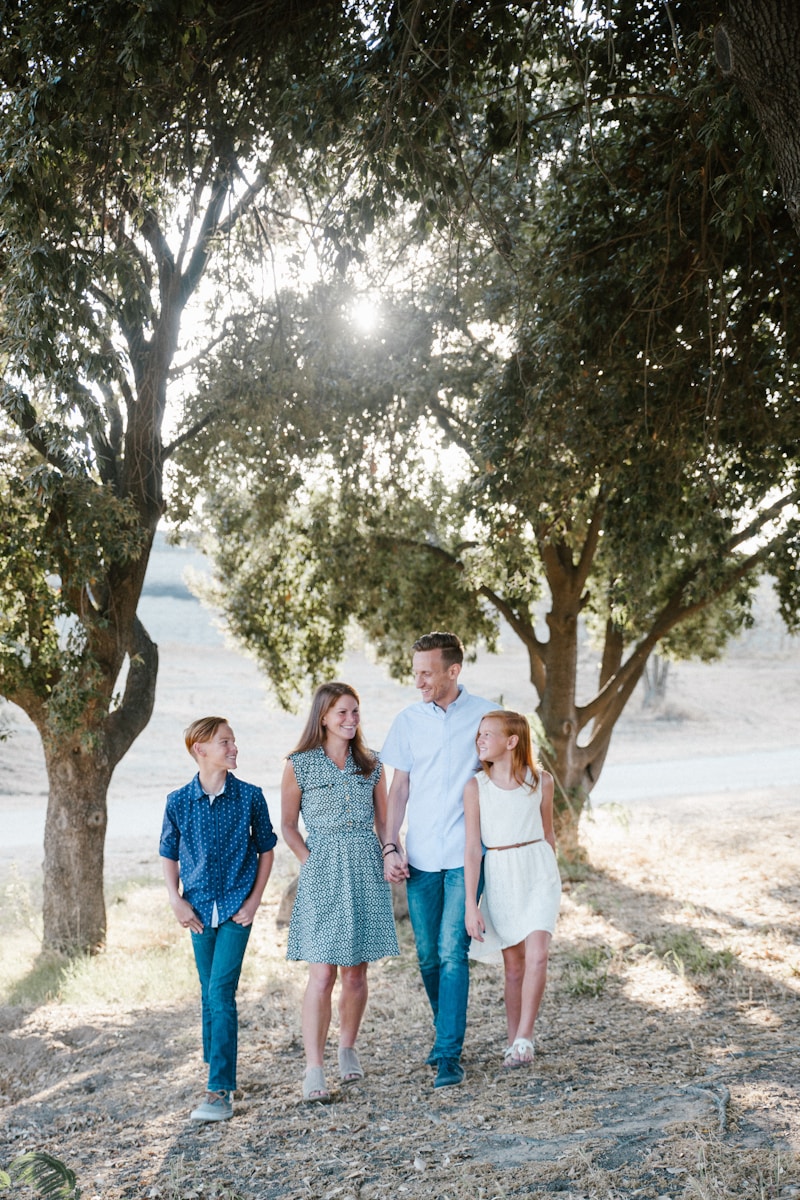Navigating Family Dynamics in Guest Selection: A Comprehensive Guide
Understanding Family Dynamics in Guest Selection
When it comes to hosting events, family dynamics play a crucial role in determining the guest list. The process of navigating family dynamics in guest selection can be daunting but essential for ensuring a harmonious atmosphere. Family members come with their own personalities, backgrounds, and histories, and understanding these can lead to more thoughtful decisions about who to invite.
The Importance of Guest Selection
Selecting the right guests for an occasion is not merely about filling seats; it's about creating an environment where all guests can feel comfortable and enjoy themselves. Events such as weddings, reunions, and family gatherings are opportunities for bonding and reflection, which can be significantly influenced by the guest list. Here are key points to consider:
| Key Factors | Details |
| Relationships | Understanding how family members relate to one another can help in deciding who to invite. |
| Personality Types | Consider the personality dynamics; some individuals may clash while others complement each other. |
| Past Conflicts | Avoiding inviting people with unresolved issues can minimize tension. |
| Event Purpose | The nature of the event can also dictate who should be included on the guest list. |
Identifying Family Dynamics
The first step in navigating family dynamics is understanding the various relationships and their current states. Here are some common family dynamics that may affect your guest selections:
1. Sibling Rivalry
Siblings often have complicated relationships, which can be exacerbated by childhood rivalries. If siblings have a history of conflict, it might be wise to consider their reactions to each other before sending out invitations.
2. Parent-Child Relationships
Parents and their adult children can have a mixed bag of relationships. Be aware of tensions that could arise from including certain family members. The goal should be to maintain peace and open channels of communication.
3. In-Law Dynamics
Families can grow complicated with the addition of in-laws. Understanding each side's values and traditions can help create a balance in the guest list, making sure both families feel represented.
The Role of Communication
Open communication can ease the process of guest selection. Here are some strategies:
1. Family Meetings
Holding a family meeting to discuss potential guests can be helpful. This ensures that everyone has a say and reduces misunderstandings that can arise from silent conflicts.
2. One-on-One Conversations
Sometimes, it's easier to engage in individual conversations with family members. This tact can help to understand their feelings and potential grievances without the pressure of a larger group setting.
Creating a Balanced Guest List
Once you've gathered all necessary information and insights about family dynamics, it's time to put together your guest list. Here are tips for creating a balanced guest list:
1. Diverse Representation
Inclusion is key; balance the guest list by prioritizing representation from both immediate and extended family members. This can help to avoid feelings of exclusion.
2. Personal Connections
Ask yourself which family members contribute positively to the atmosphere of your event. Choose those who elevate spirits and contribute to lasting memories.
3. Location Considerations
The geographical spread of your family may influence guest selection. If guests are traveling from different time zones or places, consider how this may impact their ability to attend and how they will feel about coming together.

Avoiding Common Pitfalls
When navigating family dynamics in guest selection, several pitfalls can make the process more complicated. Here are common traps to avoid:
1. Focusing Solely on Tradition
While family traditions can provide comfort, they can also lead to exclusion. It's important to evaluate whether traditional invitations serve the current dynamics of the family.
2. Ignoring Personal Histories
Not acknowledging past grievances can create potential rifts during the event. A well-thought-out planning process can address these histories upfront.
3. Overextending Your Invitation
Inviting too many people can dilute the importance of the occasion and overwhelm certain family members. Choose graciously and intentionally.
Event Planning Considerations
Once your guest list is established, the next step is practical planning. Here are considerations to keep in mind:
1. Venue Selection
The venue should reflect the size and dynamics of the guest list. A family gathering can be informal at home, whereas weddings often require more thought into space and comfort.
2. Catering to Special Needs
If certain guests have dietary restrictions or special preferences, make efforts to accommodate them. This consideration reflects respect and care for family members.
3. Arranging Activities
Ensure you plan activities that cater to a range of interests. Family dynamics can shift during communal activities; choose those that promote togetherness.
Conclusion: Summing Up the Art of Guest Selection
Navigating family dynamics in guest selection is a delicate blend of understanding interpersonal relationships, communication, and planning. By taking the time to consider the factors that influence family dynamics, you can create a harmonious event that encourages family bonding. Remember that the focus should always be on inclusivity, respect, and enjoyment for everyone involved.
In summary, effective guest selection requires thoughtful consideration of the relationships among those you invite. By acknowledging the complexities of your family, you can create a memorable event that everyone cherishes. Should any complications arise, applying an open communication approach will go a long way in smoothing out differences and fostering a sense of family unity.